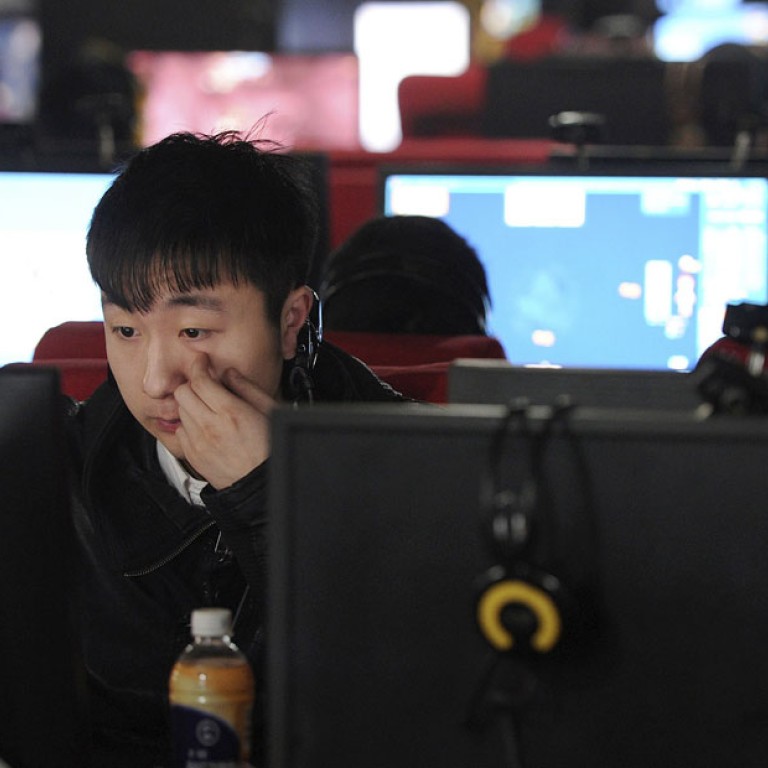
China imposing disturbing new internet controls
Mainland authorities have laid siege to social media, a haven for free-wheeling comment, in their campaign to control online rumours. The latest assault has sparked outrage among the public and lawyers.
Mainland authorities have laid siege to social media, a haven for free-wheeling comment, in their campaign to control online rumours. The latest assault has sparked outrage among the public and lawyers. Judicial officials have issued a legal document that criminalises internet postings deemed to spread rumour or misinformation by interpreting existing law that has not hitherto applied to the internet. Legal experts say this violates the constitution because it amounts to a revision of the law, which can be made only by the top legislature, the National People's Congress Standing Committee.
The interpretation, which took effect last week, has granted unprecedented powers to security authorities to lay various charges against web users for spreading false information online. These include defamation (without a plaintiff), if a libellous post is viewed 5,000 times or reposted 500 times, and serious criminal charges including the vague and notorious "stirring up trouble". The Supreme People's Court and the Supreme People's Procuratorate, the top prosecution body, issued the document just three weeks after President Xi Jinping rallied the nation's propaganda chiefs to rein in the vibrant internet community, ordering them to "seize the ground of new media".
This interpretation is a legal and social landmark because of the power of the internet to liberate expression, democratise the spread of information and illuminate community consensus, not to mention helping to keep officials honest. It is in the public interest that controls on it must command respect. For that they must comply with the rule of law.
The document issued by the peak legal bodies amounts to an authoritarian exercise in judicial activism - the political involvement of judges in social issues through interpreting the law in such a way as to change the original intent of lawmakers. It is the bane of conservatives in the West.
The interpretation is not to be compared with Vietnam's ban on the online sharing of freely available media reports on current events, under a decree that restricts them to the exchange of personal information. Nonetheless, in a society that can ill afford even fewer checks and balances in the exercise of power, it bypasses the proper legislative channel - the closest thing China has to a standing consultative mechanism - on a momentous issue of general public interest.

